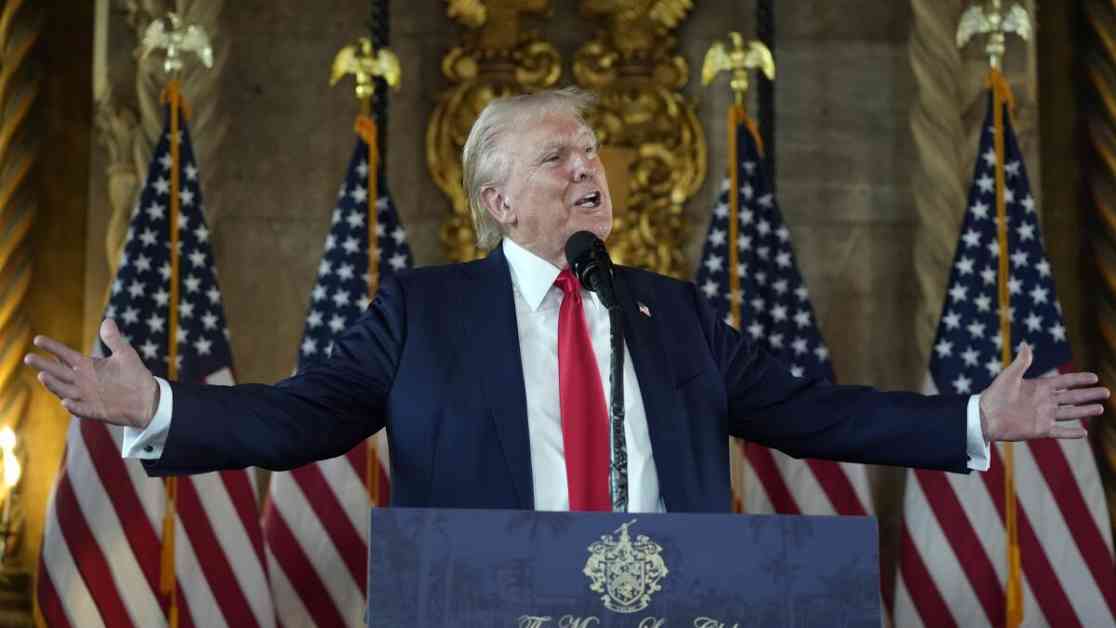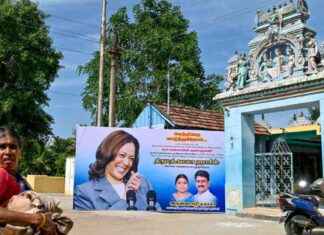A recent development in the Arizona false electors case highlights the close call Donald Trump had with being indicted in that state. This case is one of five brought by state or local prosecutors against individuals who falsely claimed to be qualified electors for Trump. The charges also extend to those who orchestrated the scheme, including seven Trump allies.
Former Trump attorney Jenna Ellis has agreed to cooperate in the case, while one of the fake electors has already pleaded guilty to a misdemeanor count. If history is any indication, more pleas could follow, potentially implicating others involved in the scheme.
The higher-level Trump loyalists, such as Rudolph W. Giuliani, Boris Epshteyn, John Eastman, and Mark Meadows, are facing increased scrutiny with Ellis’ cooperation. Giuliani, in particular, worked closely with Ellis and could be at risk of further allegations.
Surprisingly, the grand jury in Arizona also considered charging Trump in the case. However, the prosecutor advised against it, citing the U.S. Department of Justice’s Petite Policy. This policy prevents federal prosecutors from pursuing charges already addressed by state prosecutors unless the federal interest in the case is not adequately addressed.
While the Petite Policy is meant to avoid double jeopardy issues, in this case, it may have misled the grand jury in Arizona. The prosecutor’s recommendation against indicting Trump has left some jurors dissatisfied, but they ultimately followed the advice and named Trump as “Unindicted Coconspirator 1.”
The developments in the Arizona case have significant implications for Trump and his associates. Ellis’ cooperation could lead to further convictions, especially for those directly involved in the alleged criminal activities. Trump’s circle may face serious consequences if Ellis provides credible testimony.
For Trump, the ongoing legal battles pose a threat to his freedom, despite his efforts to evade accountability. Giuliani, Eastman, Meadows, and others could potentially trade information on Trump in exchange for leniency. This dynamic adds complexity to the legal challenges facing the former president.
As the Arizona case progresses, additional pleas from the false electors may be expected as they weigh their options. The future of the other defendants, particularly Giuliani, remains uncertain but precarious. The outcome of this case could have far-reaching implications for Trump and those involved in the postelection schemes.



























